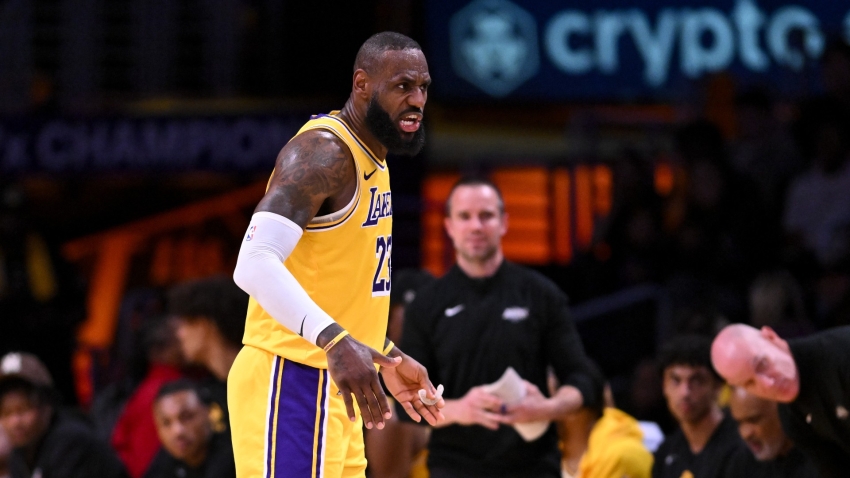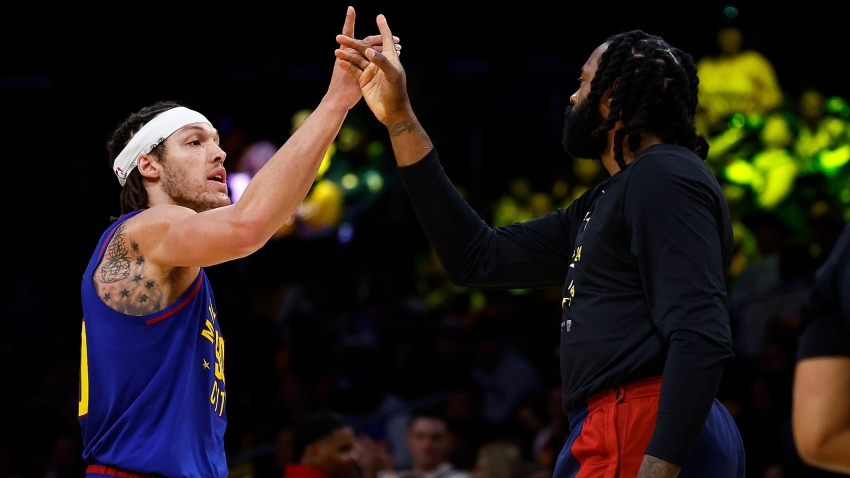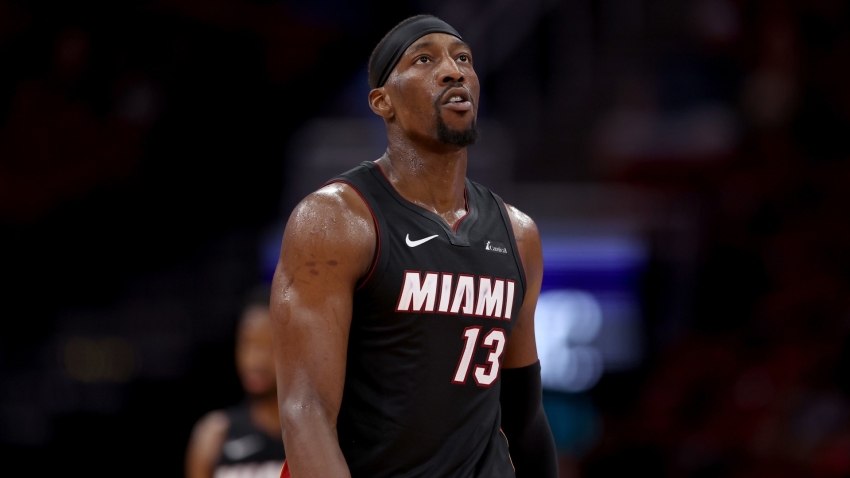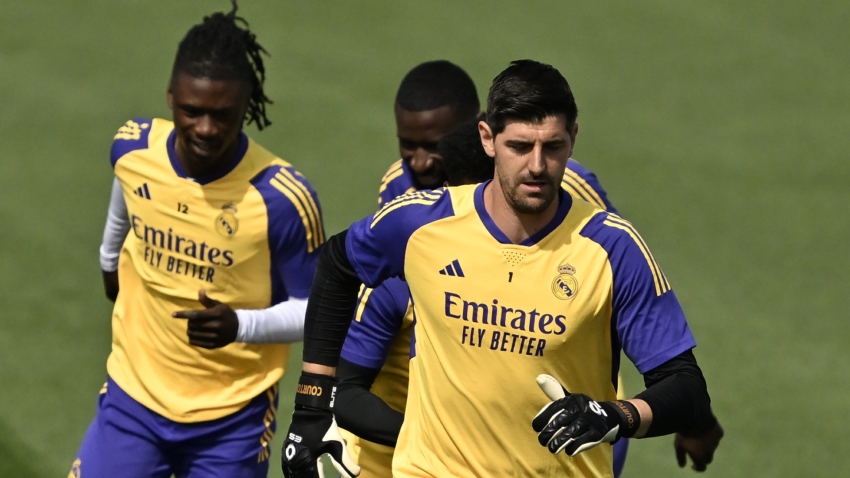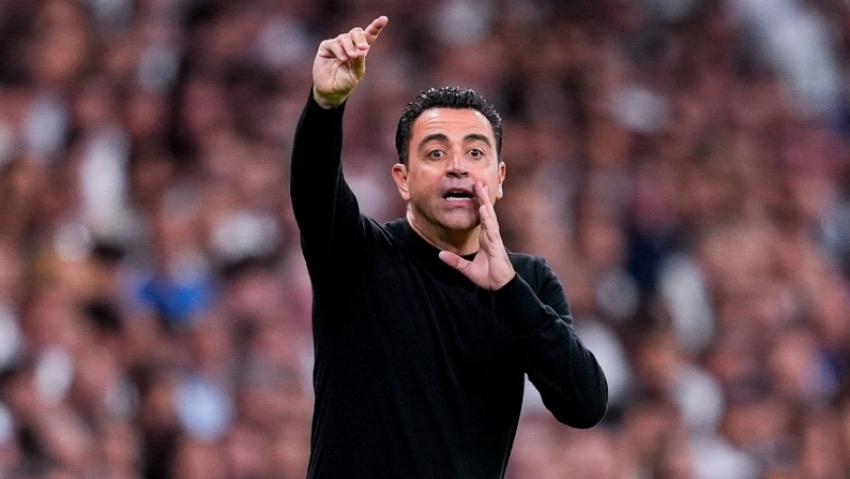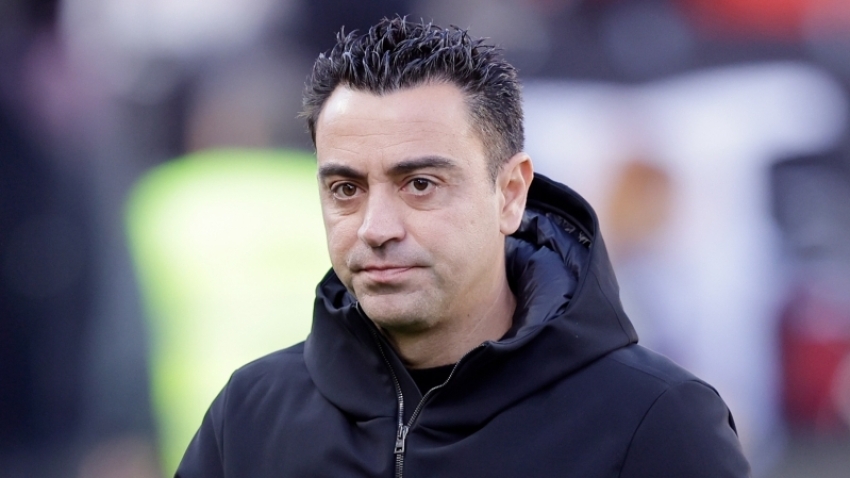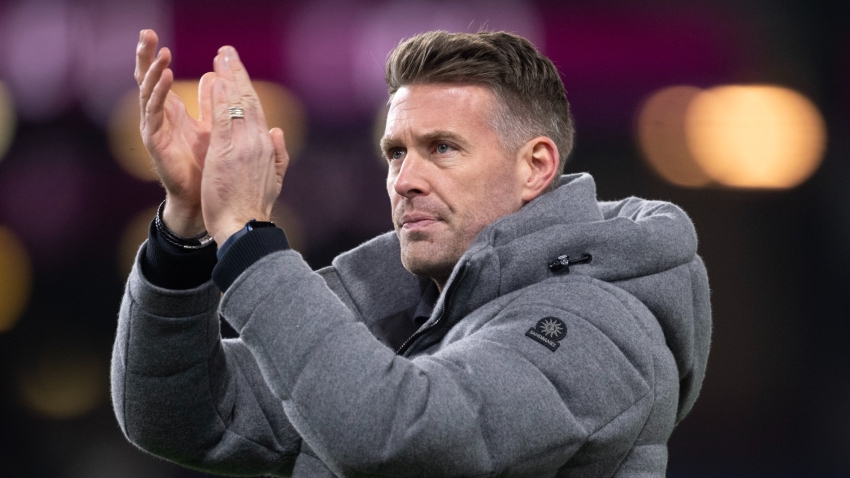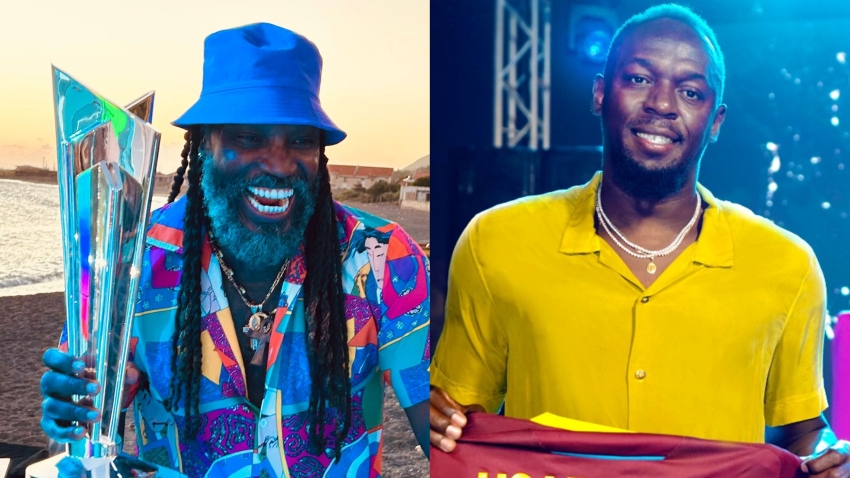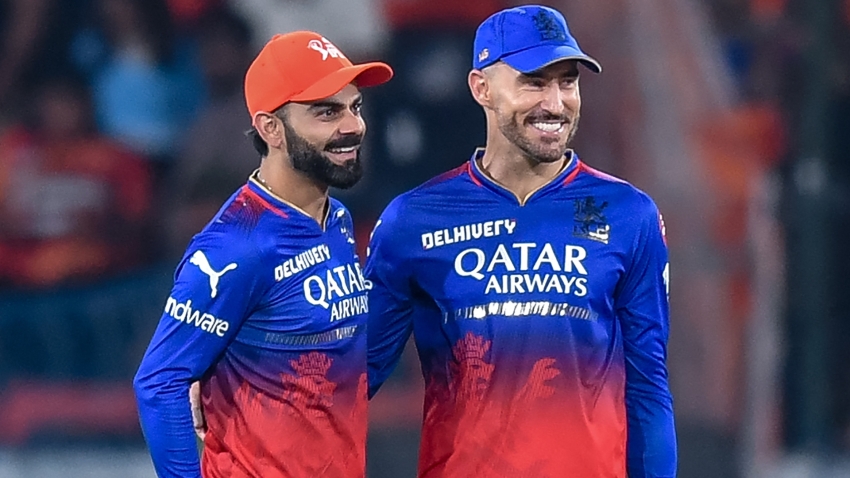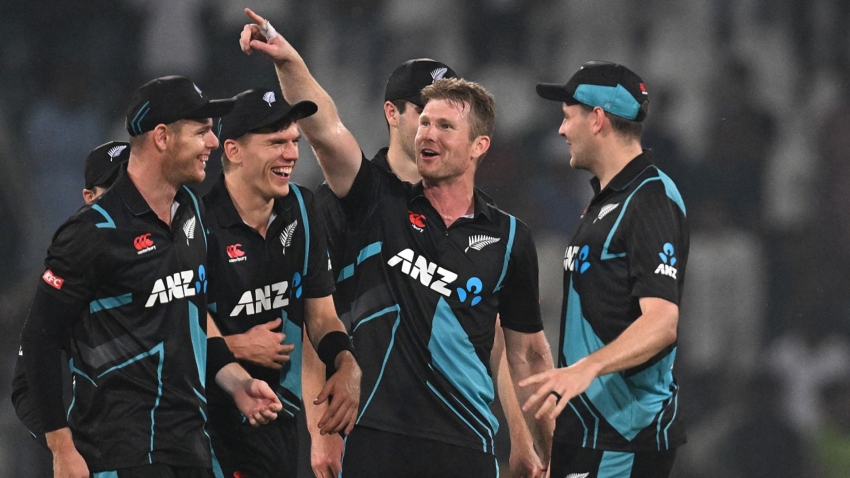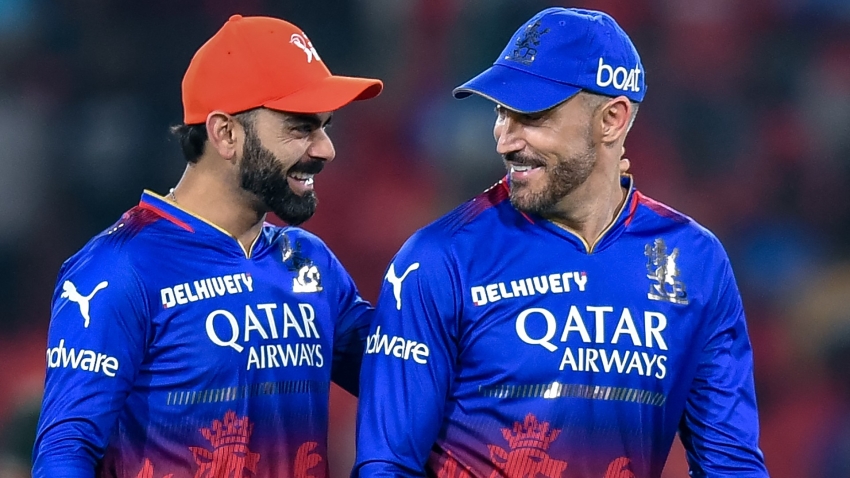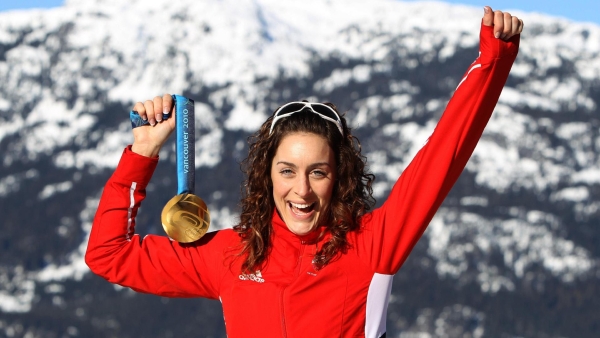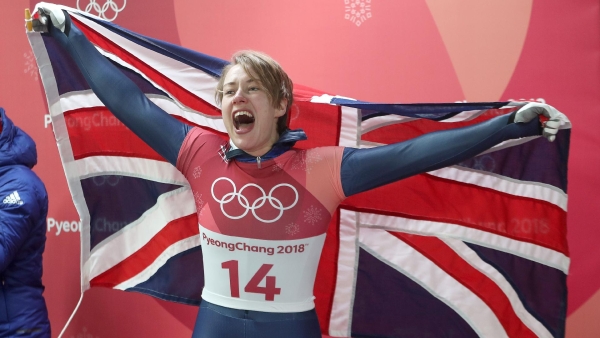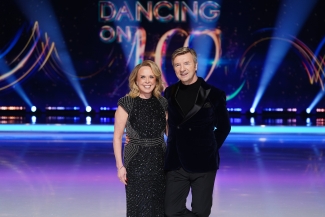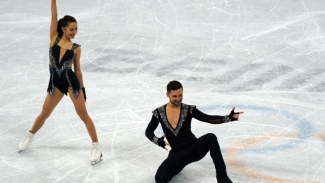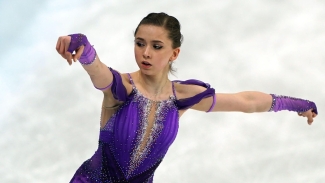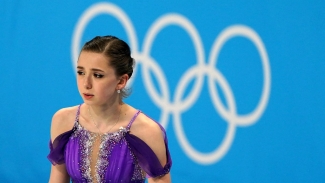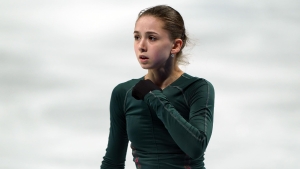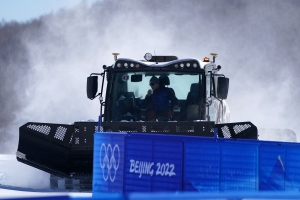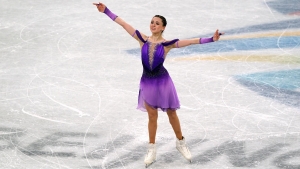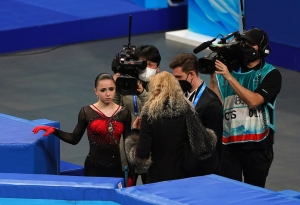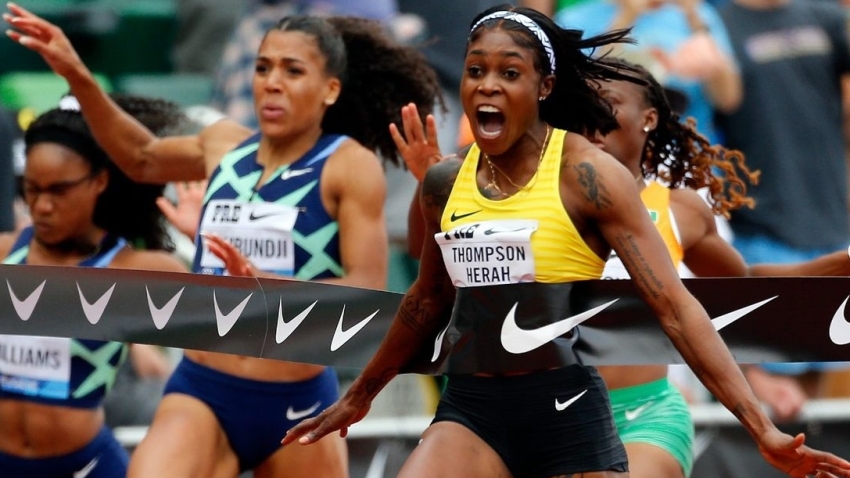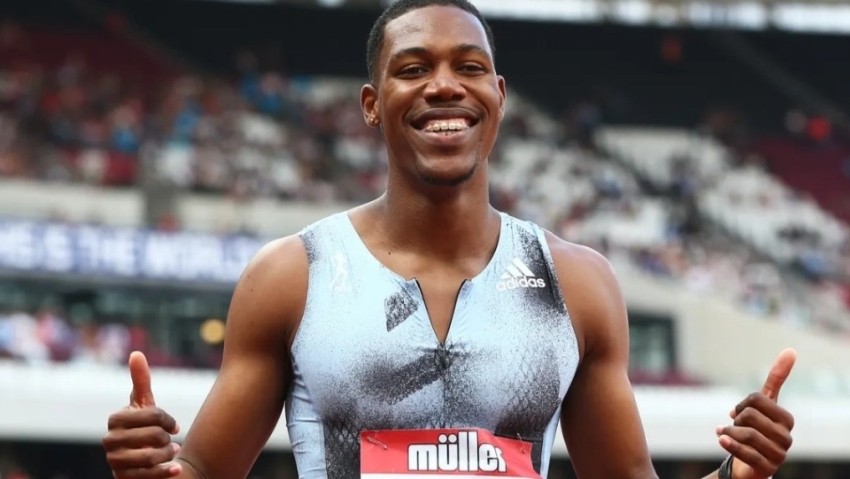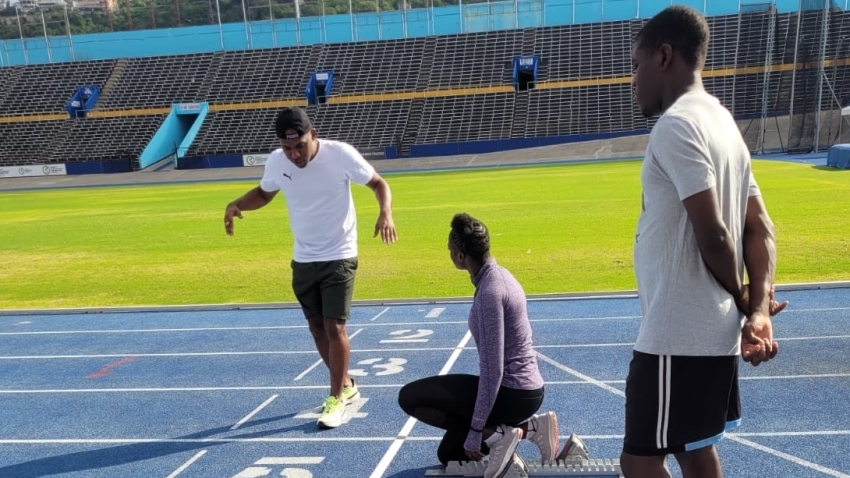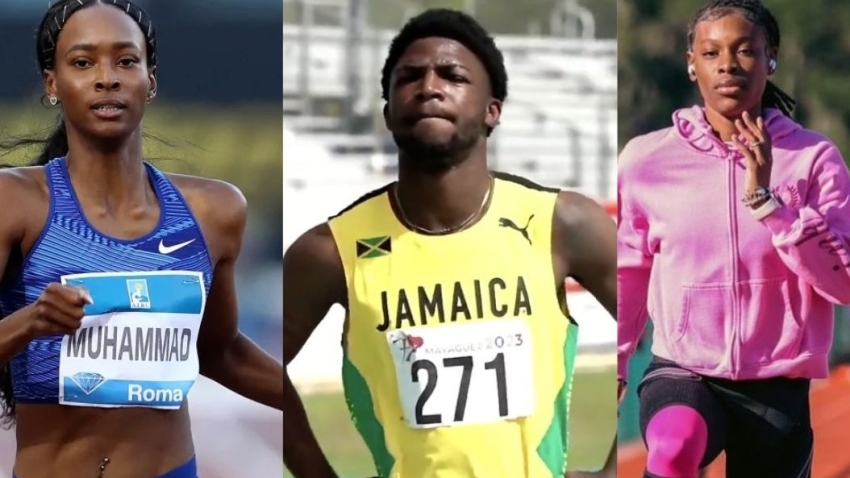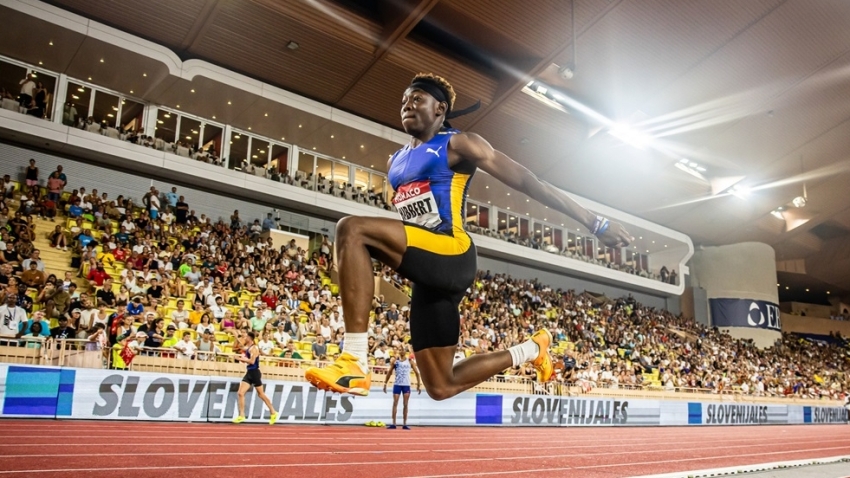British ice skaters Jayne Torvill and Christopher Dean have marked the 40th anniversary of their Olympic gold success by announcing they will be retiring from skating together in 2025.
The duo from Nottingham wrote their names in British sporting history at the 1984 Winter Games following their routine to Ravel’s Bolero at the Zetra Olympic Hall in Sarajevo.
Forty years on from their Valentine’s Day performance, they have returned to Sarajevo to celebrate the day with the city, where they confirmed they will embark on one last UK tour next year.
Reflecting on how their golden moment inspired more appreciation of ice skating, Dean told the PA news agency: “That was really a launching pad of then going off to do other things.
“Touring around the world, skating in front of hundreds of thousands of people and then Dancing On Ice starting up because of winning the Olympics.”
Olympic glory followed a sustained period of success at the World, European and British Championships during the early part of the 1980s.
As they took to ice at the 1984 Winter Games, they did not skate for the first 20 seconds of their routine – in order to comply with Olympic rules – before they burst into life.
With intense passion and intensity on display, the finale saw the athletes collapse on the ice and lay motionless in each other’s arms, sparking a standing ovation inside the arena and perfect scores of 6.0 were awarded from the 12 judges.
Recalling the day, Torvill, 66, revealed they had not had many opportunities to practise the routine in the arena before the final but were given a 6am slot on the day which no other competitors in their training group turned up for due to the performance being that evening.
Dean, 65, said after they performed the routine, they heard a “ripple of applause all around the gods of the building” from the cleaners, a memory from the day which has stuck with them.
He recalled: “When you think about the whole day, nobody was there, and then as the day goes on, people start to fill the building and the competition happens and it gets to a climax and the gold medals are awarded.
“Then the people start to disappear and then you’re just left with how it was in the morning, we’re almost closing the door on the day.”
He also revealed that the Princess Royal waited for them in the Olympic village with Champagne to celebrate despite them not arriving until late after being held up by the Olympic doping checks after the performance.
Torvill and Dean turned professional after their Bolero performance but competed in the 1994 Winter Olympics, where they won bronze before retiring from competition.
They later branched out into touring, coaching and choreographing before becoming the faces of ITV’s Dancing On Ice, which ran from 2006 until 2014, and later becoming head judges on the show when it was revived in 2018.
The duo will now retire from dancing together following their upcoming tour – Torvill & Dean: Our Last Dance – which will run from April 12 to May 11, 2025.
The shows, including dates in London, Belfast, Newcastle and Glasgow, will celebrate 50 years since they formed their skating partnership in 1975.
Reflecting on the decision to draw things to a close, Dean said: “I think there comes a time when you know.
“We’re not spring chickens any more. We’re still able to do it to a certain degree that we feel good about it, but that will go.
“So I think this is the right time for us to be able to do that and go and skate and do some of the old routines, be very nostalgic, but then do some new fun, upbeat (dances) with friends of ours from the skating world and from Dancing On Ice.
“We’re looking at it as a celebration.”
Among those they have inspired is British ice skating number one Lewis Gibson, who has previously said he started skating after watching Dancing On Ice, and his ice skating partner Lilah Fear.
Torvill is sure they will get a medal at the next Winter Olympics in 2026, and hopes it will be a gold one, which will pump more money into the sport in the UK.
“You really need to build into the infrastructure at a very early age and that’s where the funding needs to be, is to support young skaters and staying with them, developing them all the way through”, Dean added.
:: ‘Torvill & Dean: Our Last Dance’ will travel across the UK from April 12 to May 11 2025, with tickets on sale from February 14 at TorvillandDean.com


